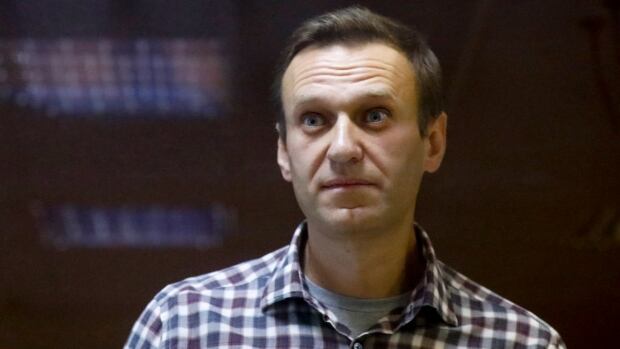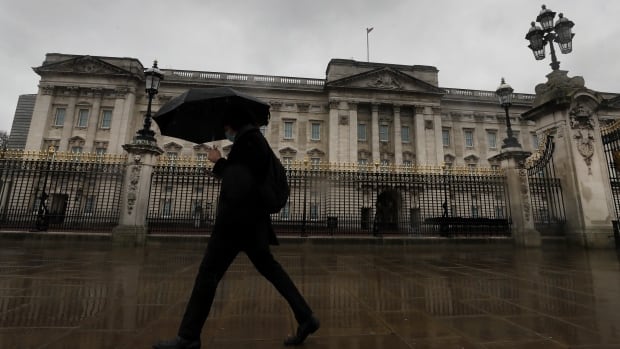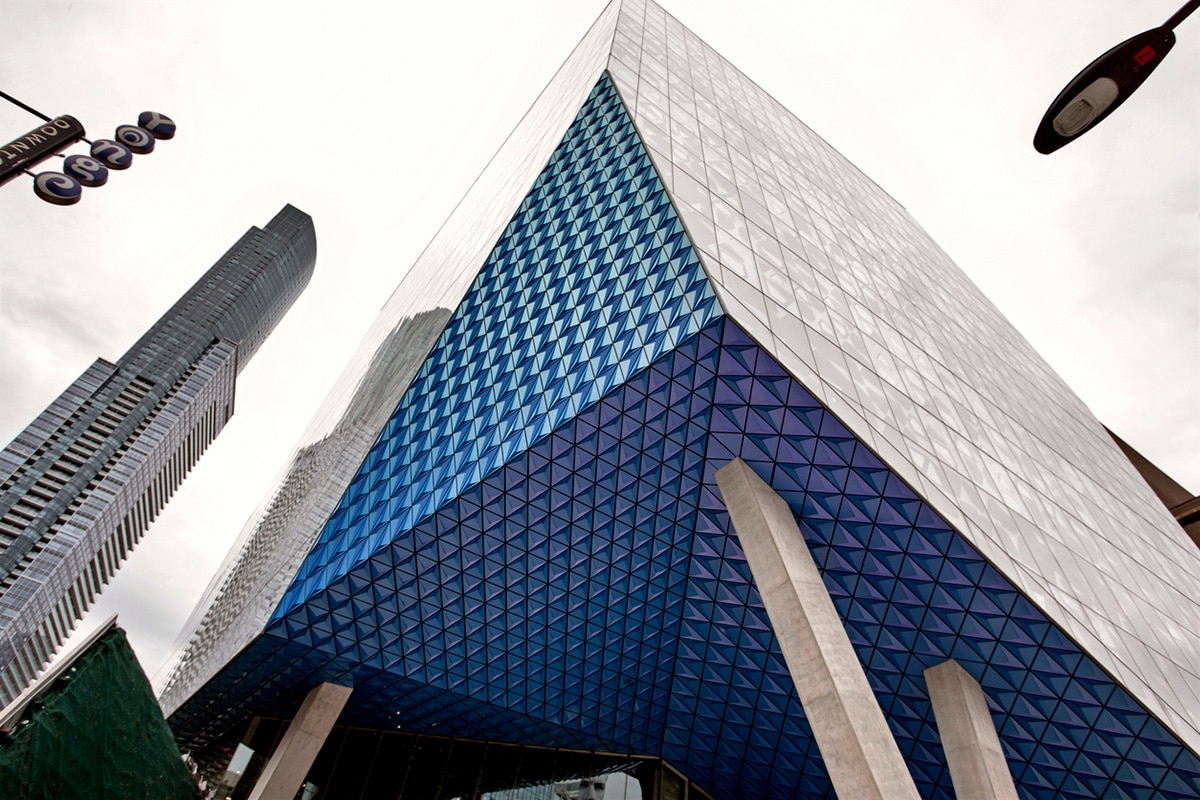
A Moscow court docket on Wednesday evening outlawed the organizations based by Russian opposition chief Alexei Navalny by labelling them extremist, the most recent transfer in a marketing campaign by authorities to silence dissent and bar Kremlin critics from operating for parliament in September.
The Moscow Metropolis Court docket’s ruling, efficient instantly, prevents folks related to Navalny’s Basis for Combating Corruption and his sprawling community of regional workplaces throughout Russia from in search of public workplace. Lots of Navalny’s allies had hoped to run for parliamentary seats within the Sept. 19 election.
The extremist label additionally carries prolonged jail phrases for activists who’ve labored with the organizations, anybody who donated to them and even those that merely shared the teams’ supplies.
Arrest adopted poisoning
Navalny, essentially the most ardent political foe of Russian President Vladimir Putin, was arrested in January upon coming back from Germany, the place he spent 5 months recovering from a nerve agent poisoning that he blames on the Kremlin — an accusation that Russian officers reject.
In February, Navalny was given a 2 1/2-year jail time period for violating the phrases of a suspended sentence from a 2014 embezzlement conviction that he dismissed as politically motivated.
The choose rejected a defence attraction to permit Navalny to participate within the listening to by way of a video hyperlink from jail and dismissed different motions by the defence.
The case is only one a part of a multipronged authorities technique to steamroll the opposition forward of elections that has included the banning of different organizations and arrests of activists.
Lawyer Yevgeny Smirnov mentioned throughout the listening to that the prosecutors’ movement was meant to bar Navalny’s associates from operating for public workplace.
“This case has been linked to the regulation that bans all those that are linked with the Basis for Combating Corruption from getting elected,” he mentioned.
The court docket session was held behind closed doorways on the grounds that labeled supplies could be mentioned.
Navalny associates vow to proceed work
Navalny’s basis, began 10 years in the past, has relentlessly focused senior authorities officers with vibrant and extensively watched movies that element corruption allegations in opposition to them.
One in every of its newest productions, which has acquired 117 million views on YouTube, claimed {that a} lavish palace on the shores of the Black Sea was constructed for Putin by an elaborate corruption scheme. The Kremlin has denied any hyperlinks to Putin.
Navalny additionally has relied on his workplaces throughout Russia to arrange anti-Kremlin protests and implement his Good Voting technique — a venture to assist the candidates most certainly to defeat these from the Kremlin’s dominant United Russia get together in numerous elections.
Through the listening to, prosecutors accused Navalny’s organizations of staging protests to overthrow the federal government.

Because the Moscow court docket was contemplating the case, Russian lawmakers fast-tracked a brand new regulation that banned members of organizations declared extremist from operating for public workplace.
The regulation was signed by Putin final week — and mixed with the court docket ruling will sprint the hopes of a number of of Navalny’s associates who’ve declared their intention to run for parliament.
Ivan Zhdanov, a prime Navalny affiliate who headed his basis, vowed that the crew will proceed publishing exposes of corrupt officers and apply the Good Voting technique.
“Navalny’s crew won’t cease its actions, they should not hope for that,” Zhdanov, who lives overseas, informed the unbiased Dozhd TV.
Putin’s push to maintain energy till 2036
The September vote is extensively seen as an essential a part of Putin’s efforts to cement his rule forward of the 2024 presidential election.
The 68-year-old chief, who has been in energy for greater than 20 years, pushed by constitutional modifications final 12 months that might probably enable him to carry onto energy till 2036.

Forward of the vote, the federal government has focused different opposition figures as properly.
Final week, authorities arrested Andrei Pivovarov, the top of one other anti-Kremlin group that they’ve labelled “undesirable” — a designation utilized by the Kremlin to outlaw greater than 30 teams.
Days earlier than his arrest, Pivovarov introduced the dissolution of his Open Russia motion to guard members from prosecution, however that did not cease authorities from pulling him off a Warsaw-bound airplane at St. Petersburg’s airport final week. A court docket in southern Russia’s Krasnodar area ordered him to be held for 2 months pending an investigation.
Membership in “undesirable” organizations is a prison offence beneath a 2015 regulation, and one other invoice now making its approach by the Russian parliament will increase the punishment for it, introducing jail phrases of as much as six years for his or her members.
Open Russia was financed by Russian tycoon Mikhail Khodorkovsky, who moved to London after spending 10 years in jail in Russia on prices extensively seen as political revenge for difficult Putin’s rule.
Khodorkovsky has described the continuing crackdown on dissent as a mirrored image of authorities’ concern in regards to the waning recognition of the primary Kremlin-directed get together, United Russia.
One other opposition activist, Dmitry Gudkov, a former Russian lawmaker who has aspired to run once more for the parliament, was held for 2 days final week on monetary prices that he and his supporters allege had been trumped up.
He went overseas after being launched, saying that he had acquired a warning that he could be jailed if he did not depart the nation.








